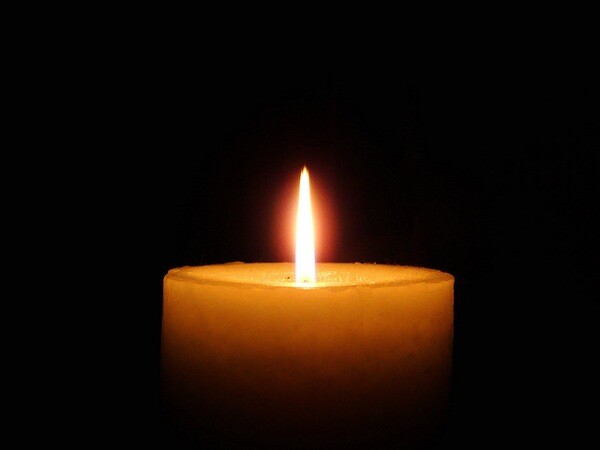Always Hope in Dark Times: Shedding Light on the Isla Vista Tragedy

The news from Santa Barbara is lunatic and terrible. A killer and six young lives lost. Ruin and insanity. Sorrow that will never leave. You know the details. As I write this they pour forth in a black tide. I won't add more here. Ours is an information age. Every nuance will be examined and probed. In instances like this, the heart grows heavier and heavier.
In these dark moments we need to see the light.
It is easy to be pessimistic. This killing of six University of California, Santa Barbara students is not the first mass killing of college students. As we all know, killers have taken the lives of students of all ages. We wake to days that cannot be scrubbed clean. The world seems to be sliding with exponential speed into a quagmire of darkness and inhumanity: terrorism, kidnapping, murder, corporate fraud and self-interest, near-children rampaging with guns. This is the short list.
Here is what we need to know. We need to know that the darkness, while it garners instantaneous global headlines, is the exception. That, though the clamor and flash of mayhem often drowns out the good side of this world, most of the world isn't mayhem. Yes, it's simplistic -- and the pessimists and the naysayers will certainly take me to task -- but I believe it's true. In this world, vast harbors of conscience and compassion exist, within communities, between friends, within families, among strangers: so many instances where we are as good and right as mankind can be given our imperfections.
Writing this column, I searched my mind, very briefly, for examples of rightness and compassion I have witnessed -- plain and simple goodness. Dozens, and more dozens, leapt to mind. Far too many examples for a column. Far too many for a book. Maybe I should write a series of books.
I'll settle on one example, far removed from the deranged shooters and any whiff of headline. As I said, it's not the only example, but it's a good one and serves the point. It is how many people in this world act, but I'm betting you haven't heard of my friend Erik Jersted, and if it weren't for me writing about him, you probably never will. Erik wouldn't care. Like many good people, he did good things for no good reason, and certainly not for recognition.
My friend Erik was many things, including a professional lifeguard and lover of life. His own life included some rough edges, and there were times when he was not confused with a choir boy. But the last time I visited my friend Erik, he had turned his life around. He did it for himself, yes; but mostly he did it for others.
One day while I was visiting Erik we went to a nursing home near his home in Fort Lauderdale, Florida. The nursing home is called Manor Pines. Manor Pines is the uncomfortable place many of us know. In the halls, old people in hospital gowns sat in wheelchairs, sleeping, staring straight ahead, or talking to nobody. In their rooms they did the same. The place was hung with the smell of disappointment and rubbing alcohol. Erik visited such establishments regularly.
We walked down the hallway. Actually, Erik bounded. He beamed at everyone. He crouched before the wheelchairs. He poked his head into rooms. "How ya' doin'? My, don't you look nice today! Nice to see ya'!" Even the orderlies smiled.
We stopped outside a room.
"This is the one," Erik said, stepping inside.
A woman lay in bed. Beneath the sheet that was pulled up to her neck, her thin body produced barely a hint of form. Her face was mottled and sagging. But her high cheekbones and her thick gray hair told of a former heart-stopping beauty. Her eyes, arctic blue, were already halfway to some other place.
"She doesn't have long," Erik whispered to me.
Erik smiled at her.
"How are you feeling, Margaret?"
"Not too good," Margaret said.
"Are you having pain?"
"Yes."
"Would you like me to pray?"
"Yes."
Erik did. Margaret shut her eyes. Her lips formed a slight smile. When Erik bent and kissed her forehead, she didn't open her eyes.
"You have a beautiful face," he whispered. "You know that song?" He began to croon softly. "You muuuuuuust have been a beautiful baby, you must have been a bea-youuuuuu-teee-fuuulllll girl..."
Cancer took my friend Erik.
Sometimes darkness triumphs, but college campuses are not killing fields. They are places where the next generation works to make their own lives better, and hopefully, somewhere along the line, realizes there are other lives out there, too. Education helps us see. In seeing, many among a new generation will strive to make this world a better place. The scale may be grand -- a disease cure, biotechnology that feeds the hungry -- but it may be small, too; as small as a dim room on a white bright Florida afternoon. Though this is not really small at all.
Let us never forget the killings of six young University of California, Santa Barbara students. But let us never forget all the moments that go unannounced.


